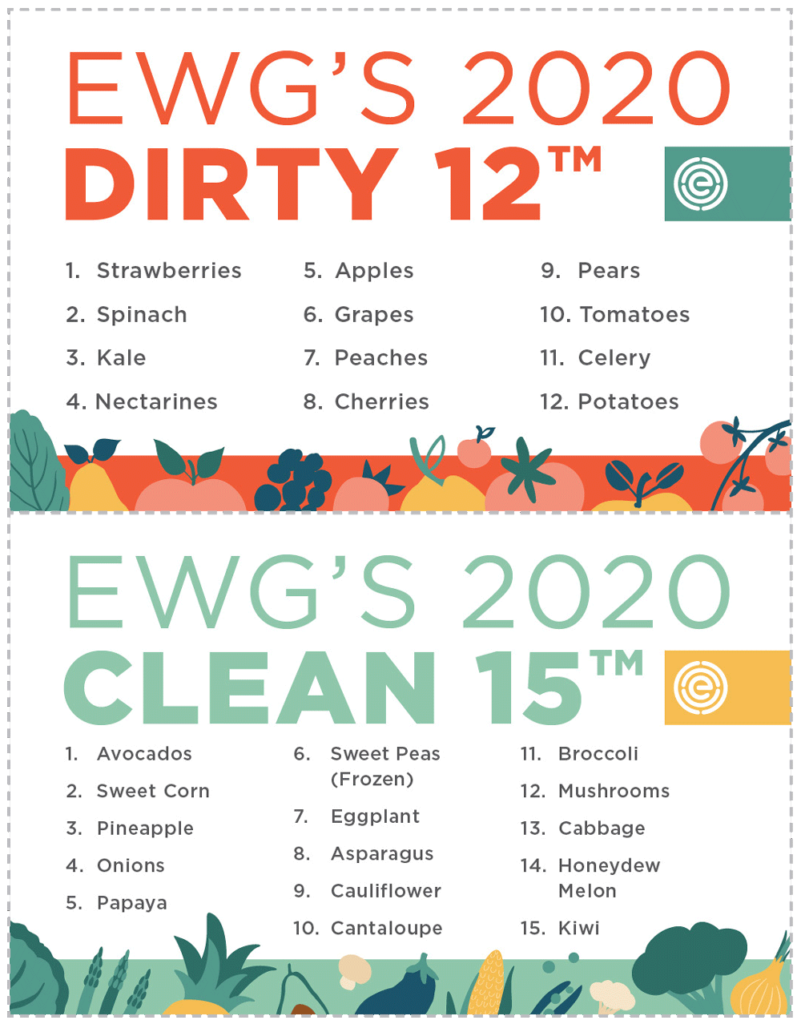Is Organic Food Worth the Cost?
I’ve never considered purchasing organic food until 2013, when my daughter was a student and had spent some time working at a cherry farm in British Columbia. During one of her visits home, I was shocked to see how affected her hands were from exposure to the pesticides being used on the cherry farm. The skin was irritated and red, and it looked like her hands were recovering from burns caused by a fire, not by exposure to pesticides. I was horrified that she was subjected to such toxins and grateful that her time there was brief. She described the spraying process that began by saturating the cherry blossoms with pesticide and continued until the fruit was delivered to markets. This was a turning point for me, and since then, we have bought primarily organic food. Of course, our grocery bill has increased, and we have to shop carefully and strategically and cut back on other areas of our spending so that we can buy organic.
Why should you purchase Organic Food?
Organic food is healthier and has a positive impact on our planet. Ingesting food that has been grown with the use of pesticides has been shown to cause numerous serious health issues. Pesticides poison our soil and water and harm wildlife, including pollinators such as honeybees, butterflies, and birds. “Pesticide exposure also causes farmworkers to suffer more chemical-related injuries and illnesses than any other part of the workforce. The pesticides used to grow non-organic food are a primary reason the average lifespan of a migrant farmworker in the U.S. has been reported to be as low as 49 years.” (1)
Health Issues
Pesticides have been linked to a wide range of human health hazards, ranging from short-term problems, such as headaches and nausea, to chronic impacts, like reproductive harm and endocrine disruption.
Pesticides have also been linked to many types of cancer, including non-Hodgkin’s lymphoma, as well as brain, breast, ovarian, prostate, stomach, testicular, and liver cancers.
In 2010, scientists at the University of Montreal and Harvard University released a study that found that exposure to pesticide residues on food may double a child’s risk of ADHD.
Another study conducted by researchers at the Public Health Institute, the California Department of Health Services, and the UC Berkeley School of Public Health found a sixfold increase in risk factors for autism spectrum disorders for children of women who were exposed to organochlorine pesticides in their environment during pregnancy. (2)
Tips on making Organic more affordable
1. Organic certification is costly, which is why organic food is more expensive. Some food providers are not organic certified but pesticide-free, which allows them to charge less for their products. It’s essential to research pesticide-free food to ensure it’s safe.
2. It’s not necessary to purchase all organic food. Follow the EWG’s Clean 15 and Dirty Dozen guides (see below).
3. Attend farmer’s markers and buy directly from organic or pesticide-free farmers for savings.
4. My local grocery stores have regular substantial sales on many of my favourite non-perishable organic items every few months. I stock up on coffee, broth, soups, frozen fruit and vegetables, beans and nut butter.
5. Shop at Costco-they have many organic options.
6. Plan meals around what’s on sale.
7. Grow your own.
8. Cook from scratch.
9. Shop more than once a week to ensure there is no food wasted.
10. Plan, plan, plan.
If buying organic is not possible for you at the moment, ensure that you thoroughly clean your fruit and vegetables. A study from researchers at the University of Massachusetts, Amherst, suggest soaking your produce in a solution of baking soda and water as the most effective way to remove pesticide residue. Use one teaspoon of baking soda and two cups of water, soaking for two minutes or more (the longer you soak, the more chemicals you get rid of). Rinse in tap water again before eating.
It is even recommended to properly clean organic fruits and vegetables as they can become contaminated during transportation and handling.
Environmental Working Group’s Dirty Dozen & Clean 15. Clean Fifteen ranks 15 foods that are contaminated with the least amount of pesticides. Dirty Dozen ranks the 12 top produce items that contain the most pesticide residues.
As my awareness of the harm caused by pesticides increased, it made no sense to ensure that I ate a big green salad each day if the vegetables were covered in toxins. Food is medicine and has many preventative qualities when it is organic. When questioned about why we eat organic food, my husband replies: “how much is your health worth?”
Be well.
Anita
Resources:
1. http://nfwm.org/news/farm-worker-health-concerns/
2. https://foodrevolution.org/blog/organic-food-prices/
3. Environmental Working Group
DISCLAIMER; The information provided on County Yoga Loft’s website blog is for general health care informational purposes only. All information on the site is provided in good faith. However, it should not replace consultation or advice from a physician and/or other healthcare practitioners. The use or reliance of any information contained on this site is solely at your own risk.



